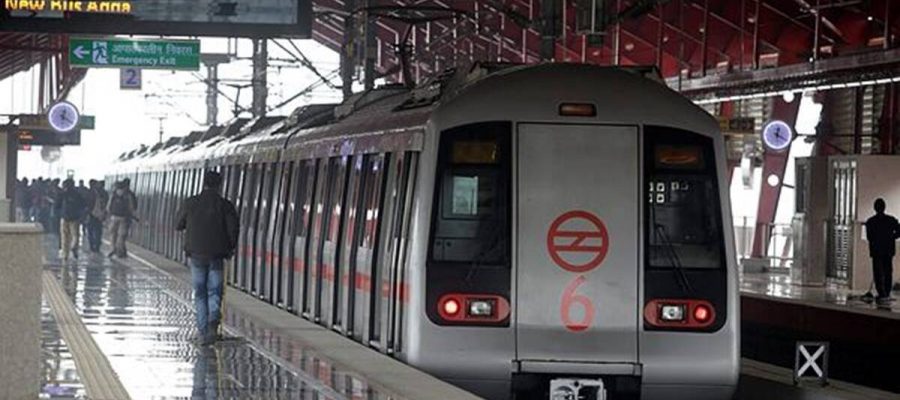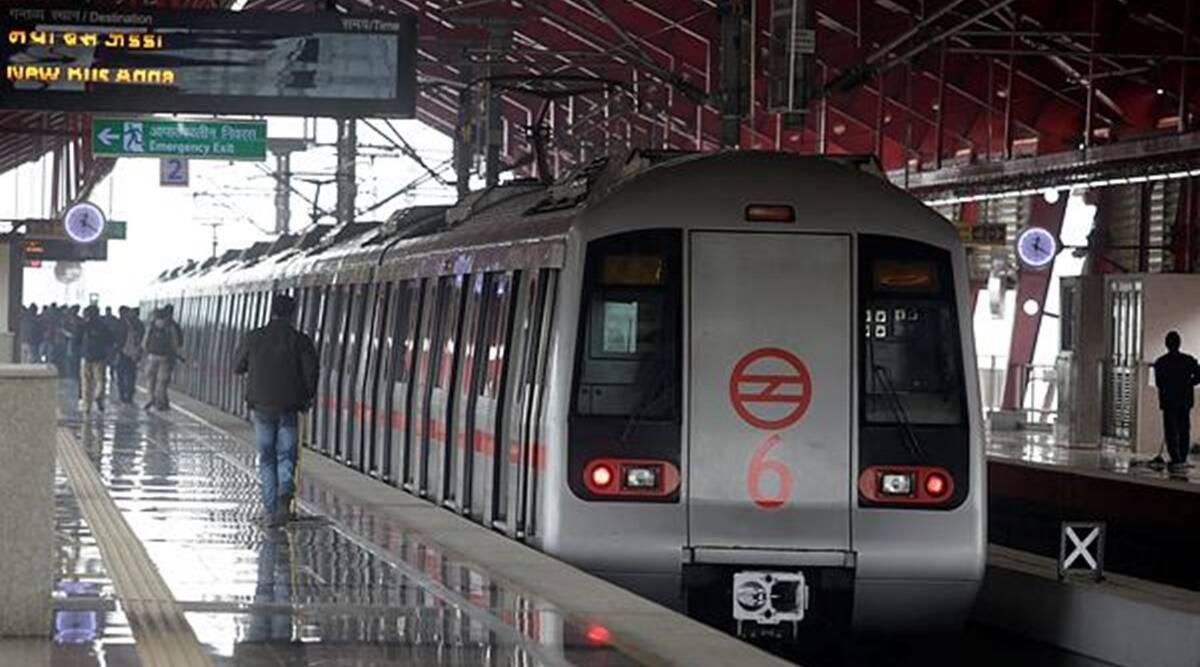Committee says that the three corridors strike a balance between potential benefits to people and the need to protect ecology.
A Supreme Court-appointed committee has given the green signal to Delhi Metro’s proposal to cut 7,229 and transplant 5,545 trees for construction of three new lines, arguing that the projects strike a balance between potential benefits to people and the need to protect ecology.
The Central Empowered Committee (CEC) rejected contentions made in a petition that the Delhi Metro Rail Corporation (DMRC) should be restrained from undertaking any construction as the corridors being built are predominantly elevated, which will claim thousands of trees.
The CEC underlined that constructing underground stations is “2.5 times costlier”, requires more area, and later leads to consumption of “substantially more electricity”. It also said that underground tunnels may compromise the structural safety of existing flyovers and underpasses on the outer ring road.
The corridors are Janakpuri-RK Ashram Marg (28.9-km), Mukundpur-Maujpur (12.55-km) and Aerocity-Tughlaqabad (23.62-km). The Indian Express had reported on August 13 that the Aerocity-Tughlaqabad corridor, which will cut through the ecologically sensitive southern ridge and south central ridge, has been approved by the CEC.
According to the report, for the construction of the Janakpuri-RK Ashram Marg line, 2,308 trees will be felled and 2,362 transplanted; for the Aerocity-Tughlaqabad line, 4,766 trees are proposed to be cut and 2,195 transplanted; and in case of Mukundpur-Maujpur line, 988 trees will be felled and 1,643 transplanted.
On August 26, the CEC submitted a consolidated report to the SC, recommending that all three corridors be allowed as per the project plan prepared by the DMRC. “While the total number of trees involved in the three corridors is 13,274, the trees proposed to be felled are 7,229 and the trees proposed to be transplanted are 5,545. It is expected that all the trees proposed for felling may not be required to be felled at the time of execution of the project,” observed the CEC in its report.
The CEC was formed by the court in 2002 to monitor matters relating to forest and wildlife. Against the felling of 7,229 trees, 73,500 saplings are supposed to be planted.
The principal argument made in the petition, filed by Dr P C Prasad and advocate Aditya N Prasad, was that it is “necessary that the nature of the Metro Rail Line construction is changed from overground to underground so as to ensure that the least number of trees are cut in the city of Delhi.”
The Delhi High Court had in February referred the matter to the CEC, which has argued strongly in favour of the Phase IV project.
“The construction area required for underground station normally is much more than elevated station; consumption of electricity in the underground section is substantially higher than in the elevated section; underground corridor is 2.5 times costlier than elevated and cost of maintenance of underground station is also much higher than elevated station; groundbreaking working area required for underground station is much more than elevated resulting in more affected area and is likely to affect more number of trees,” the report observes.
Source: Read Full Article



